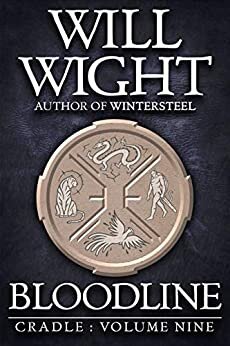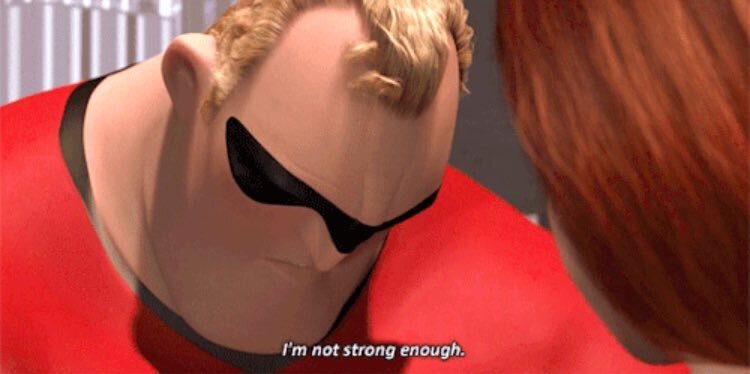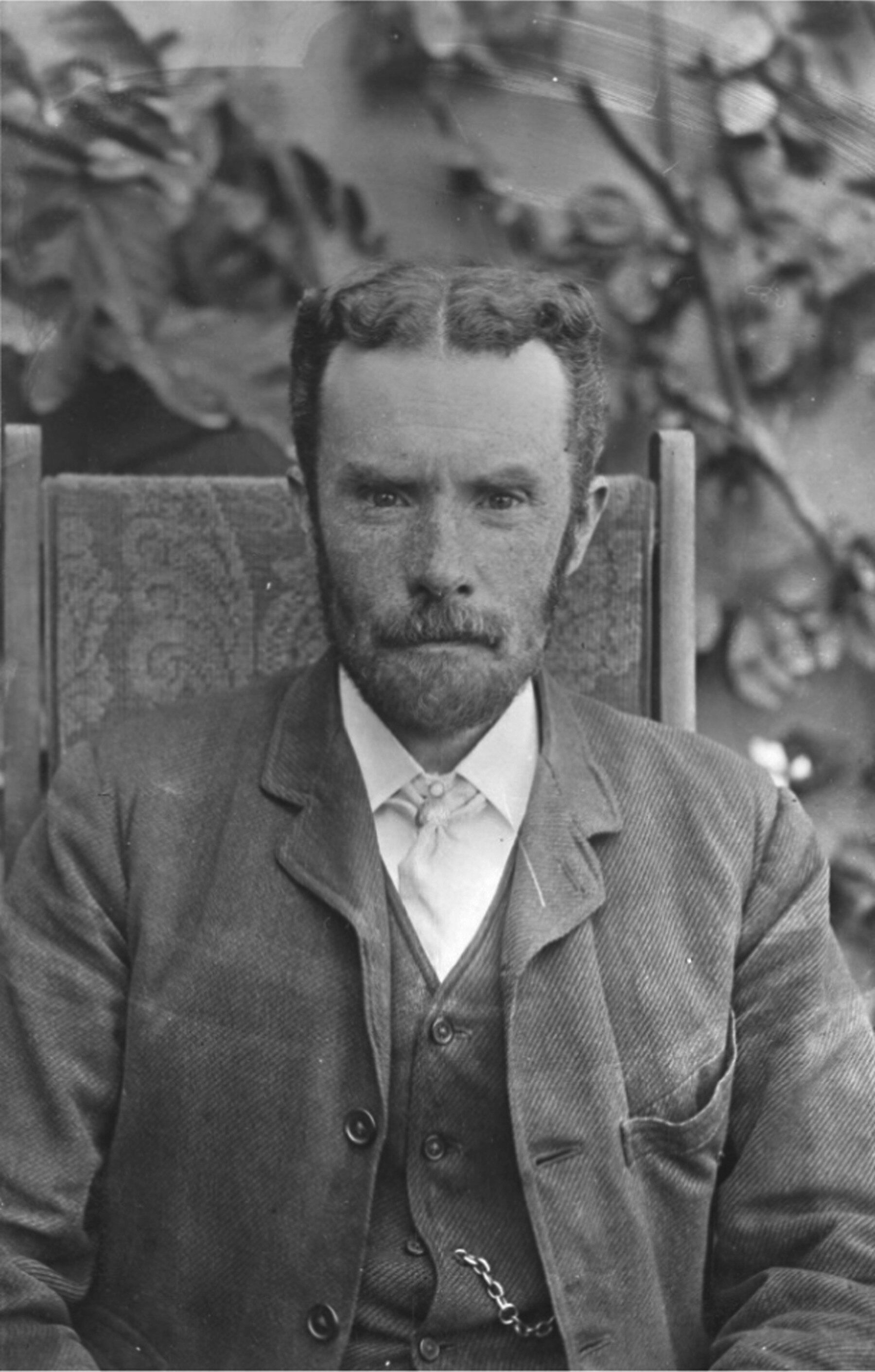Bloodline Cradle Book 9 by Will Wight Book Review
In Bloodline, book 9 of Will Wight’s very popular Cradle series, Lindon comes home. As you might expect, hilarity ensures. Or at least lots of epic battles with the greatest threats on Lindon’s planet. [Amazon affiliate link]
I didn’t do a day of release review for Bloodline as I didn’t have an early review copy, but honestly you could probably find a hundred enthusiastic reviews by devoted fans by now if you cared to. My aim here is to look at why the Cradle series has been such a success, and how all this has turned out nine books in.
I plan on doing all the spoilers, so skip the review if you care.

Bloodline: Cradle Book 9 by Will Wight Audiobook narrated by Travis Baldree Hidden Gnome Books (April 6, 2021)
Admittedly, I did something very much like what I am proposing here for book 8, Wintersteel, but I feel like Bloodline is just enough different from the pattern of the rest of the Cradle books to make it interesting to revisit the subject.
Right now, the most popular review of Bloodline on Amazon is from a fan who is frankly disappointed. And Bloodline is disappointing, if you have in mind the model I suggested in my review of Wintersteel: Lindon overcomes the challenges in front of him with pluck and grit, goes on adventures, and advances his Path. In a sense, that is what happens here, but the emotional valence is very different than before.
As Lindon comes home, he must face the bitter realization that his home is full of nasty suspicious people who are incapable of graciously accepting help from him even when doom is relentlessly stomping towards them. His own family cannot see him for what he has become. In everyone’s eyes, he is just a weak little boy, Unsouled, forever worthless to them. Even when he uses his army of followers and superior power in sacred arts to convince the skeptical, browbeat the reluctant, and kill his betrayers, they cannot shake that frame. It is absolutely brutal.

And then, Lindon gets hit with the unseen sucker punch of Fate, that he is not strong enough to save his home from destruction. That he has failed to do what he set out to do all those years ago, guided by the heavens. Of course, in the world of Cradle, Fate is the deus ex machina of the truly powerful, and what happens to Lindon is not an accident within the grand sweep of the story. A lesser man might have been destroyed by this, but Lindon is tempered by it.
I think it is worth a digression here into what it is exactly about Lindon that makes him capable of doing what he does. I think the answer is focus. However, not just a capacity for hard work, but something like what is meant by the internet catchphrase, weaponized autism.
If you take two mathletes with equal talents and unequal obsessions, the guy who has a life is going to be far less productive.

Oliver Heaviside – patron of weaponized autism
This isn’t really what is meant by the clinical sense of autism, but there is enough overlap that the term has come to describe an unnatural and even unhealthy level of focus that can cross the border into obsession. Lindon practices sacred arts like a nineteenth century natural scientist, using experimentation and exploration to do things no one ever thought was possible, but giving up anything even approximating normal life.
In the incredibly closed-minded cultures of Cradle, that means that Lindon can advance further faster than anyone would have though possible, because for the most part they all just keep on doing the same things over and over again.
In the past, I compared the advancement states in the sacred arts to something like natural kinds, as the qualitative changes that are produced typically make a quantitative difference in power. In their hierarchical cultures, sacred artists lord over those less powerful, and abase themselves those more powerful. The dramatic changes that occur during advancement reinforce this.
Orthos gingerly stretched out a leg, wincing at the pain. “Humans make every stage into a legend. A Lowgold is just a Jade with teeth. The only difference between Jade and Gold is a mountain of power.”
However, as early as book 3, Wight started hinting that power and advancement only map to each other imperfectly. Cradle’s static cultures have largely assumed this to be true, but Lindon has come along to shatter their assumptions. An interesting consequence of a predilection for dueling and hierarchical thinking is that sacred artists rarely ever fight together. Like toddlers who play next to, but not with other children, sacred artists fight alone, no matter how big the battle may be.
However, the inhabitants of Sacred Valley, in their stubborn refusal to bow before Lindon and his outsider friends, exhibit a willingness to fight superior forces with numbers and clever tactics that prefigure Lindon’s combined arms-style attack on a Dreadgod in the book’s climax. In their ignorance and isolation, the inhabitants of Sacred Valley manage a far more effective resistance to Lindon than most everyone on the outside would have assumed possible, just because they didn’t know you couldn’t do that. Lindon is more like them than he might like to admit.
I have characterized the Cradle series in the past as a juvenile, by which I mean a protagonist on the cusp of growing up, no sex scenes, a lot of details about magic/technology/etc., and some mildly didactic life lessons. All of that is done now. Lindon has achieved great power, fallen in love, and returned home triumphant. He has come of age, and now he has the responsibilities of an adult. I expect great things of him.
My other book reviews | Reading Log
Other books by Will Wight
Cradle Series:
Unsouled: Cradle Book 1 Review
Soulsmith: Cradle Book 2 Review
Blackflame: Cradle Book 3 Review
Skysworn: Cradle Book 4 Review
Ghostwater: Cradle Book 5 Review
Underlord: Cradle Book 6 Review
Uncrowned: Cradle Book 7 Review
Wintersteel: Cradle Book 8 Review
Traveler’s Gate series:
House of Blades: Traveler's Gate Book 1 Review
The Crimson Vault: Traveler's Gate Book 2 Review
City of Light: Traveler's Gate Book 3 Review
Traveler's Gate Chronicles Book Review
Elder Empire series:

Comments ()